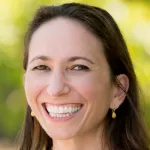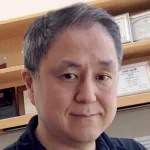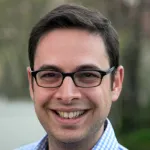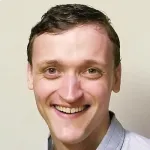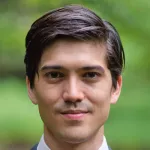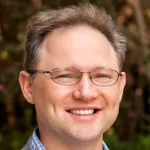

The following Stanford Bio-X affiliated faculty members who have specifically indicated interest in mentoring and hosting a potential fellow. Please review this webpage, which includes each faculty's research profile, for details.
For faculty who are interested in potentially mentoring and hosting a fellow from this program, please email Dr. Heideh Fattaey and Stanford Bio-X to be included on the list.
The 11th request for proposals for the Visiting Scholar or Visiting Postdoc Fellowships at Stanford Bio-X funded by the Novo Nordisk Foundation (NNF) is currently live, and has a deadline of January 29, 2025 at 2pm CET (5am PST). Please visit this webpage for more information. To access the application, click here.



